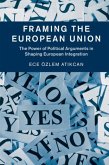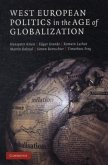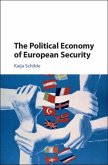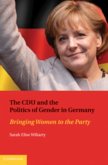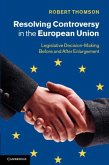This book analyzes the place and influence of religion in European politics. Francois Foret presents the first data ever collected on the religious beliefs of European decision makers and what they do with these beliefs. Discussing popular assumptions such as the return of religion, aggressive European secularism, and religious lobbying, Foret offers objective data and non-normative conceptual frameworks to clarify some major issues in the contemporary political debate.
Dieser Download kann aus rechtlichen Gründen nur mit Rechnungsadresse in A, B, BG, CY, CZ, D, DK, EW, E, FIN, F, GR, HR, H, IRL, I, LT, L, LR, M, NL, PL, P, R, S, SLO, SK ausgeliefert werden.



